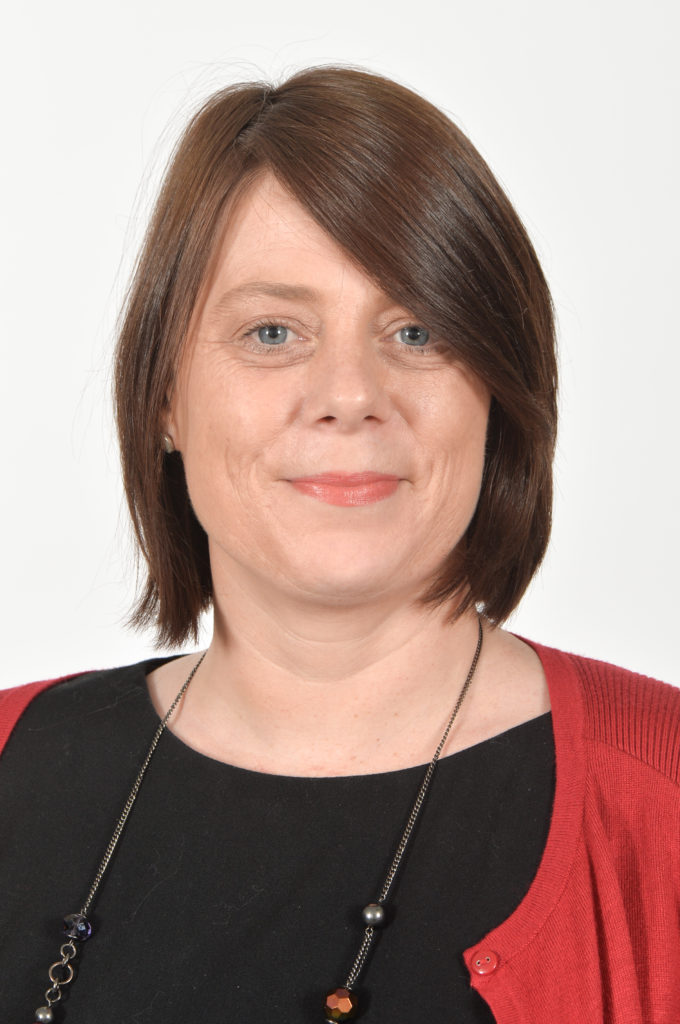Coronavirus: Towergate Health Protection warns ‘seek advice from specialist sources’

International workplace insurers, Towergate Health & Protection is proactively monitoring the Coronavirus situation and has today issued advice for clients, although for the most up-to-date response to the situation, Towergate Health & Protection advises clients to refer to the World Health Organisation (WHO) for any queries they may have. The current sentiment is to be alert, not afraid.
Sarah Dennis, head of international for Towergate Health & Protection explains,
‘As with any potential health outbreak or emergency, we would urge employers to seek advice from reputable sources such as the World Health Organisation, The Foreign and Commonwealth Office (FCO), their healthcare provider or specialist adviser. Such organisations will be monitoring the situation and have the most up-to-date advice.’
If individuals are concerned about symptoms they are experiencing, such as respiratory problems (fever, cough, shortness of breath and breathing difficulties) that has been linked to the virus, they are advised to seek medical advice and speak to their healthcare provider.
At present, Towergate Health & Protection understands that the novel coronavirus originated from Huanan seafood wholesale market, in Wuhan City, Hubei Province of China.
There have also been cases in Japan, Thailand, the US, Australia the Republic of Korea, and a handful of cases recently confirmed in France and Australia. So far (at time of writing, 28 Jan) there have been 4,515 confirmed cases and 106 deaths. The case fatality rate is quite low so far (less than 3%) and mainly in elderly persons or those with co-morbid conditions.
Chinese authorities have imposed travel restrictions to prevent people travelling in and out of Hubei to reduce the spread of the disease, and the UK Foreign Office has advised against all travel to Hubei.
What to expect next:
• Authorities are stepping up screening of air passengers from China. Temperature screening is already taking place in Australia, Singapore, Hong Kong, Taiwan, the US, Russia and Japan. The UK is expected to begin screening passengers arriving from China too.
• The UK Government has stated it is reviewing options for the return of the 200 UK nationals currently still in Wuhan, given the travel restrictions imposed by the Chinese authorities.
• The head of the UN health agency, WHO declared on Thursday 23 January that the respiratory disease Novel Coronavirus, is not yet an official Public Health Emergency of International Concern (PHEIC), but warned that is an emergency in China.
Current best advice at time of writing is:
- Don’t travel to Hubei Province
- The FCO has advised British citizens to leave Hubei Province after the chief medical officer issued new advice recommending vulnerable people should immediately evacuate the area at the centre of the coronavirus outbreak.
- In Shanghai, the government has stopped businesses from returning to work until 10 February.
- Avoid crowds and minimise public gatherings if you are in the province
- Do not touch animals or eat game meat and avoid visiting wet markets, live poultry markets or farms, if travelling in China
- Seek medical advice immediately if you’re concerned about cold or flu-like symptoms and have recently visited China, or have been in direct contact with someone who has recently visited China, and inform your medical practitioner of your travel or contact history
- Basic hygiene measures such as washing hands is sensible






